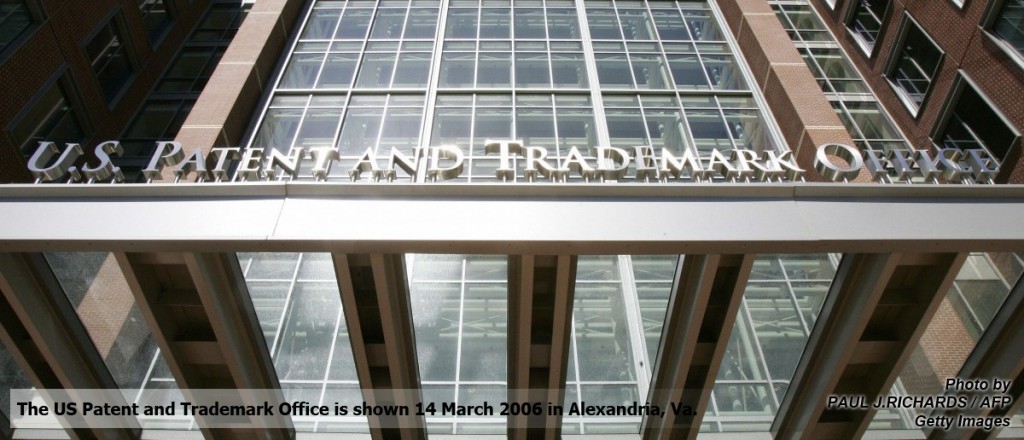Advertisement
Consider the stories of two imaginary American entrepreneurs.
One comes home from his day job and spends every spare moment in the basement, tinkering away with gears and springs. For years, he’s committed himself to a single goal: building a better mouse trap. He toils at this for years, and after many failed prototypes and even more fingers pinched in field testing, he finally produces a winning design. It’s more humane, more effective and more efficient than any mouse trap on the market. So he patents his invention, starts a small company and begins to sell it. The dedicated inventor comes out of the basement and into the marketplace – not to mention hard-earned financial rewards.
The other “entrepreneur” – of sorts – doesn’t work in a basement. He works in an office, tucked away in a business park. He doesn’t need a lot of space, because his business doesn’t produce very much. The tools of his trade are not hammers and screwdrivers, but lawsuits. He searches new patents for vague or ambiguous information, and when he sees a potential opportunity, he pounces. He calls his partner, a trial lawyer, and files a complaint against the mousetrap inventor for some obscure reason, perhaps because the mouse trap is built with a certain kind of screw. The inventor gets the notice of the suit in the mail and goes into a state of shock – this could mean the end of his business.
These may be fictional examples, but it should be plainly evident that one of these characters embodies the spirit of innovation and entrepreneurship on which America was founded, while the other cynically perverts it. The second example portrays a “patent trolling” operation, a growing threat to businesses all around the country. Patent trolls work with trial lawyers to target legitimate patent holders with claims of infringement based on dubious grounds. However, this threat can be enough to scare companies – especially small businesses, which make up half of patent trolls’ victims – into paying licensing fees and settlements.
Trial lawyers are able to take advantage of legal loopholes to help their patent troll clients essentially collect legal extortion from businesses that want to avoid going to court. Most businesses can expect to pay about $1.3 million to settle a trolling lawsuit and about $1.75 million if they have to go to trial.
These lawyers who go to court on patent trolls’ behalf are the latest heirs to one of the American legal system’s least-proud traditions: exploiting loopholes to make a quick buck at the expense of legitimate businesses. And patent trolls’ efforts are gaining steam: the number of lawsuits they filed increased nearly threefold between 2010 and 2014, and they were responsible for more than sixty percent of all patent cases brought last year.
Decades ago, the unscrupulous securities lawyers were stopped when Republican legislators passed the Private Securities Litigation Reform Act (PSLRA). Reining in frivolous lawsuits has long been part of the conservative agenda and a commitment to this goal could put the Republican majority in the U.S. Senate and House of Representatives on the path to a solid legislative victory.
Virginia Representative Bob Goodlatte, Chairman of the House Judiciary Committee, has sponsored legislation to combat patent trolls – the Innovation Act – which passed the House last year, but died at the hands of obstructionist Democrats in the Senate. A Republican Senate will prove much more receptive and even the threat from the executive branch can be mitigated.
For the sake of the mouse trap-builders and all American innovators, conservatives should step up once again to stop frivolous lawsuits. Predatory litigation has no place in a free market and only serves to pry an “innovation tax” from those who actually contribute. It’s time to shut down trial lawyers and their patent troll pals.
Advertisement
Subscribe Free By Email

Looking for the best in breaking news and conservative views? Let Chuck do all the work for you! Subscribe to his FREE "Muth's Truths" e-newsletter.



